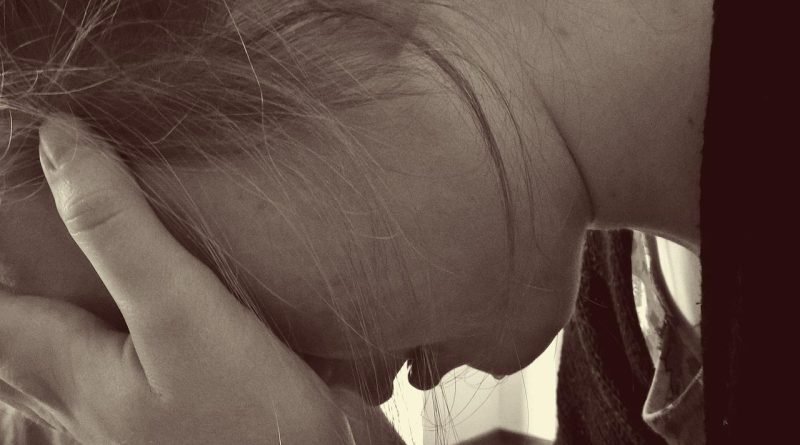Teen Suicide – Warning Signs to Look For
When you are a teen it is normal to have mood changes, to feel anxious at times, perhaps low at times, and to feel certain things like rejection or loss more strongly. But sometimes these things can overwhelm a teen, sometimes there are issues of depression too, or problems with bullying, or difficulties at home. Whatever there is going on, it can then lead to teens feeling hopeless and helpless and thinking about suicide. The key to suicide prevention is making sure we as parents are educated and know what the warning signs are.
Some worrying stats backing the need for more discussion and resources
- For youths and young adults, so between 10 to 24 years old, suicide is the third most common cause of death.
- About 4500 between the ages of 10 to 24 die each year due to suicide.
- Around 14% of teens in high school have thought about suicide, 11% have made a plan and 7% have made an attempt.
- Boys are more likely to try and die from suicide than girls, 83% of successful suicides are male. But more girls make attempts.
Risk factors involved
It is a sad fact that despite more awareness, options like a suicide prevention charity and more education than ever before on suicide, prevention and dealing with the aftermath, all too often there is a lot of blame that happens afterwards. The victim is blamed, friends and family blame each other or themselves, and there are feelings of shame even. This idea that we should be ashamed of having someone we know commit suicide is why there is too much secrecy and whispering around the issue. Working on preventing suicide is not just about knowing the risk factors, although we will look at some below, but it is also about removing this shame and secrecy around the topic.
Things to look for/risk factors to look for so you have a chance at suicide prevention include;
- Losing a lot of weight because of a loss in appetite, or even the opposite, gaining weight because of overeating and not being active anymore
- Having a big change in personality and/or behavior
- Having very little energy to do anything and being tired all the time
- Feeling guilt
- Feeling worthless and hopeless
- Not being interested in doing anything they used to enjoy doing
- Wanting to just stay in bed and sleep all day
- Not being able to fall asleep at night
- Not looking after themselves, their health, their hygiene
- Giving away items, finding new owners for pets
- Not performing well at school
- Expressing feelings of panic and anxiousness
- Becoming withdrawn from family and friends
- Having someone they know commit suicide
- Being sad
- Not being able to focus or concentrate
- Acting defiant, being destructive and aggressive
- Being irritable
- Abusing drugs and/or alcohol
- Acting indifferent to everything and everyone around them
- Having tried suicide before
- Having hallucinations
- Expressing beliefs that are unusual
If you are worried and need more support and to learn more about what to do next take a look at some resources such as this suicide prevention charity.




